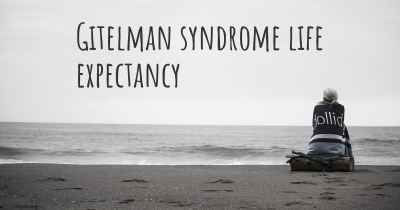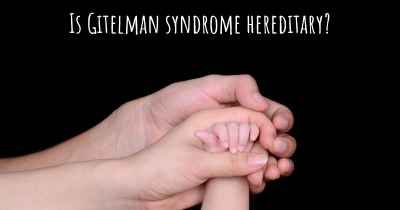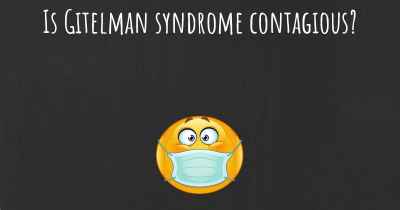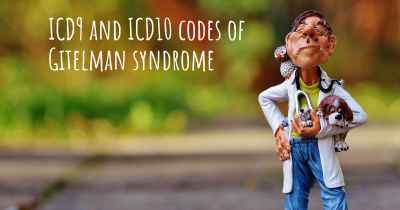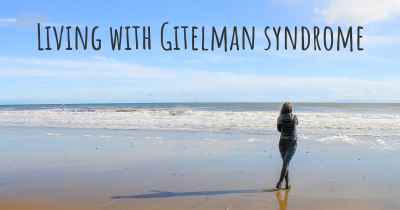Gitelman syndrome and depression
Can Gitelman syndrome cause depression? Could it affect your mood? Find out how Gitelman syndrome can affect your mood.

Gitelman syndrome is a rare genetic disorder that affects the kidneys' ability to reabsorb certain electrolytes, including magnesium and potassium. This condition is caused by mutations in the SLC12A3 gene, which is responsible for producing a protein called thiazide-sensitive sodium-chloride cotransporter (NCC). Gitelman syndrome is typically diagnosed in late childhood or early adulthood and is more common in individuals of European or Asian descent.
One of the key symptoms of Gitelman syndrome is low levels of magnesium and potassium in the blood, which can lead to various health issues. While the primary manifestations of this syndrome are related to the kidneys, it is important to note that Gitelman syndrome can also have an impact on mental health.
Depression is a common comorbidity observed in individuals with Gitelman syndrome. The chronic nature of the condition, along with the physical symptoms and limitations it imposes, can contribute to feelings of sadness, hopelessness, and low mood. The impact of Gitelman syndrome on daily life, such as dietary restrictions and the need for ongoing medical management, can also contribute to the development of depression.
It is crucial to address the mental health aspect of Gitelman syndrome alongside the physical symptoms. A multidisciplinary approach involving healthcare professionals, including nephrologists, psychiatrists, and psychologists, can help individuals manage both the physical and emotional aspects of the condition.
Treatment for depression in individuals with Gitelman syndrome may involve a combination of medication, psychotherapy, and lifestyle modifications. Antidepressant medications can help alleviate symptoms of depression, while psychotherapy, such as cognitive-behavioral therapy (CBT), can provide individuals with coping strategies to manage their emotions and improve their overall well-being.
Support from family, friends, and support groups can also play a crucial role in managing depression associated with Gitelman syndrome. Connecting with others who have similar experiences can provide a sense of understanding and validation, reducing feelings of isolation.
In conclusion, Gitelman syndrome is a genetic disorder that primarily affects the kidneys' ability to reabsorb electrolytes. While the focus is often on the physical symptoms, it is important to recognize and address the potential impact on mental health, including the development of depression. Seeking appropriate medical and psychological support is essential for individuals with Gitelman syndrome to manage both the physical and emotional aspects of the condition.
Posted Oct 7, 2018 by Sandy 2550
